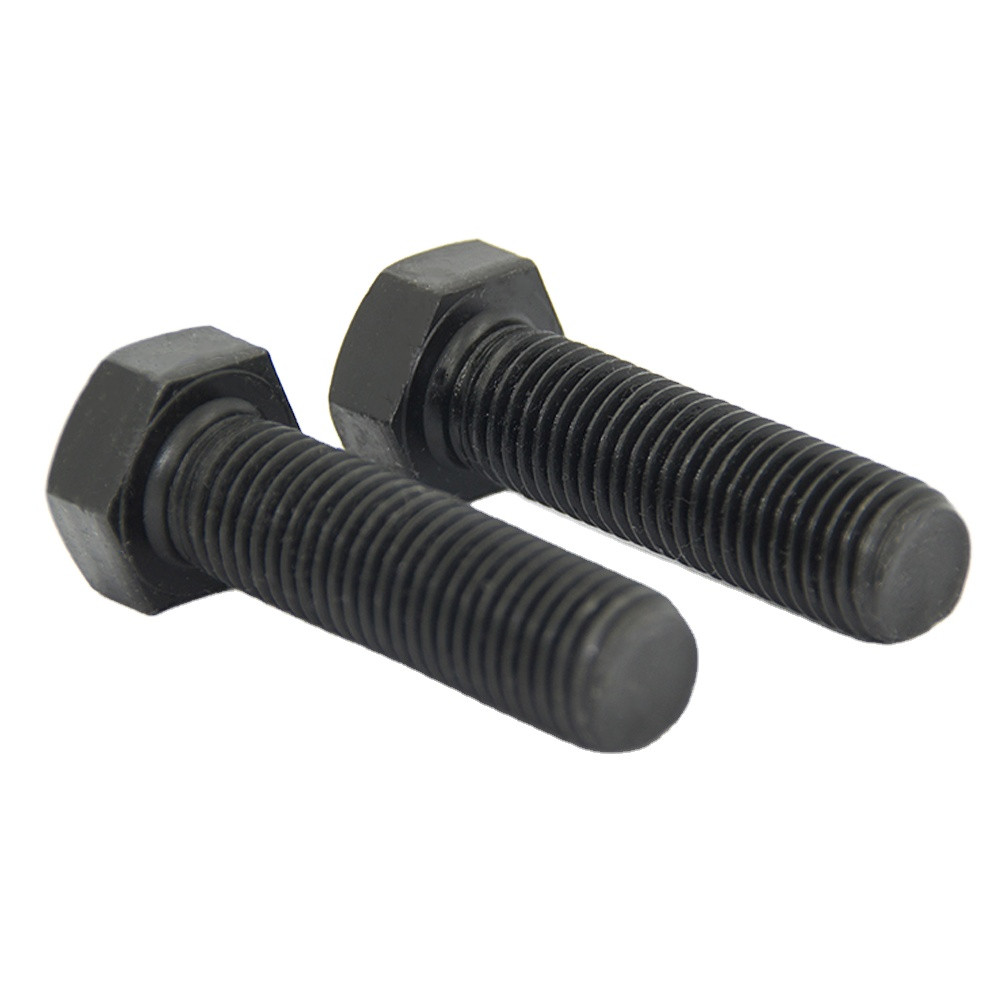High-Strength Connecting Bolts Supplier Durable & Custom Solutions
May . 27, 2025 11:35 Back to list
High-Strength Connecting Bolts Supplier Durable & Custom Solutions
- Understanding the Critical Role of Connecting Bolts in Industrial Applications
- Technological Advancements Driving Bolt Manufacturing
- Supplier Comparison: Quality vs. Cost Efficiency
- Customization Strategies for Specific Industry Needs
- Real-World Applications Across Key Sectors
- Emerging Trends in Fastener Production Standards
- Why Partnering with Expert Suppliers Matters

(connecting bolts)
Understanding the Critical Role of Connecting Bolts in Industrial Applications
Connecting bolts serve as fundamental components in structural engineering, with global demand projected to reach $12.8 billion by 2027 (CAGR 4.1%). These fasteners account for 18-22% of all mechanical failures in heavy machinery, underscoring the importance of precision manufacturing. Leading suppliers now utilize ISO 898-1:2013 standards combined with finite element analysis to optimize stress distribution.
Technological Advancements Driving Bolt Manufacturing
Modern factories employ cold forging processes achieving 99.2% material utilization, compared to traditional machining's 74-78% efficiency. Key innovations include:
- Automated thread rolling systems with ±0.01mm tolerance
- Salt spray testing exceeding 1,000 hours for corrosion resistance
- Blockchain-enabled quality tracking from raw material to installation
Supplier Comparison: Quality vs. Cost Efficiency
| Supplier | Annual Capacity | Certifications | Lead Time | Defect Rate |
|---|---|---|---|---|
| BoltMaster Inc. | 85M units | ISO 9001, ASME B18.2.1 | 14 days | 0.012% |
| FastenTech Global | 120M units | API 20E, DNV-GL | 21 days | 0.018% |
Customization Strategies for Specific Industry Needs
Aerospace clients require titanium alloy bolts with 1,100 MPa tensile strength, while marine applications demand duplex stainless steel variants. Custom solutions typically follow this development process:
- Material selection analysis (3-5 business days)
- Prototype testing under operational conditions
- Batch production with real-time monitoring
Real-World Applications Across Key Sectors
In renewable energy installations, galvanized connecting bolts
withstand wind turbine vibrations exceeding 35 Hz. Automotive manufacturers report 23% assembly time reduction using pre-lubricated bolt variants. Recent infrastructure projects in Southeast Asia have consumed over 4.2 million specialized bolts for bridge construction.
Emerging Trends in Fastener Production Standards
The industry is shifting toward AI-powered predictive maintenance systems that reduce machine downtime by 41%. Environmental regulations now mandate the use of chromium-free coatings across 78% of European markets. Smart factories are achieving 18% energy savings through induction heating technologies.
Why Partnering with Expert Connecting Bolts Suppliers Matters
Selecting certified connecting bolts suppliers ensures compliance with evolving international standards like EN 14399-4:2015. Top-tier manufacturers provide comprehensive technical support, including on-site installation guidance and lifetime performance tracking. With global supply chain complexities, established suppliers maintain buffer stocks covering 98.7% of standard specifications for immediate dispatch.

(connecting bolts)
FAQS on connecting bolts
Q: What factors should I consider when choosing connecting bolts suppliers?
A: Prioritize suppliers with proven industry experience, certifications like ISO 9001, and positive client reviews. Ensure they offer material traceability and timely delivery to meet project deadlines.
Q: How do connecting bolts factories ensure product quality?
A: Reputable factories implement strict quality control protocols, including tensile strength testing and surface treatment inspections. Many use automated production lines and comply with international standards like ASTM or DIN.
Q: Can connecting bolts suppliers provide customized specifications?
A: Yes, most suppliers offer customization for dimensions, materials (e.g., stainless steel or titanium), and coatings. Request samples and confirm minimum order quantities before bulk production.
Q: How to verify the reliability of a connecting bolts factory?
A: Check factory audits, production capacity reports, and third-party certifications. Request material test certificates (MTCs) and consider onsite visits to assess manufacturing processes.
Q: What distinguishes connecting bolts suppliers from factories?
A: Suppliers may act as distributors or traders sourcing from multiple factories, while factories handle direct manufacturing. Factories often provide better pricing for large orders but require higher MOQs.
Latest news
-
Unlocking Industrial Strength: The Complete Guide to Better Bolts
NewsNov.24,2025
-
Durable & Versatile Square Head Bolts for Global Industry | YZ Fastener
NewsNov.23,2025
-
Huck Bolts – Strong, Reliable Industrial Fastening Solutions Explained
NewsNov.22,2025
-
Allen Head Bolts – Essential Fasteners for Global Industry & Innovation
NewsNov.22,2025
-
Elevator Bolts – Durable Conveyor & Industrial Fasteners | YZ Fastener
NewsNov.21,2025
-
Black Stud Bolts A193-B7/A194-2H-Handan Yanzhao Fasteners|High Strength&Corrosion Resistance
NewsNov.21,2025
